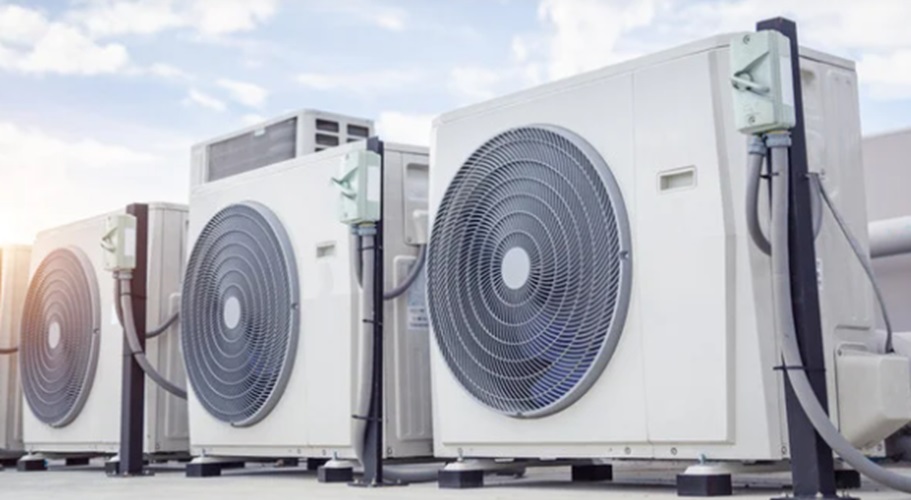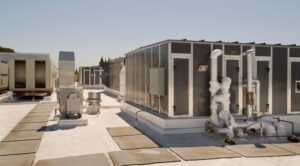
Allergies and asthma are chronic conditions that affect millions of individuals worldwide, often made worse by poor indoor air quality. From pollen and pet dander to mold spores and dust mites, numerous airborne irritants thrive in indoor environments that lack proper air circulation and filtration. For those living with respiratory conditions, a clean, climate-controlled space is not just about comfort; it’s about health and safety.
In humid and warm climates, where allergens are often more prevalent, the role of systems for HVAC in Punta Gorda becomes especially important. A well-maintained HVAC system can significantly reduce indoor pollutants and improve air quality throughout the home.
Air Filtration and Allergen Control
HVAC systems play a crucial role in maintaining indoor air quality. Equipped with high-efficiency filters, these systems can trap airborne particles such as pollen, pet dander, and dust that commonly trigger allergy or asthma symptoms. When maintained properly, HVAC systems circulate filtered air consistently, helping to keep indoor environments safer and more comfortable for individuals with sensitive health conditions.
It’s important to regularly replace filters and have the system professionally cleaned to prevent buildup. Clogged filters not only decrease airflow but can also become a source of contamination, releasing trapped particles back into the air.
System Choice Matters in Respiratory Health
The design and type of HVAC unit in your home can greatly affect air quality. Different types of HVAC systems offer varying levels of humidity control, filtration capability, and energy efficiency. Some systems incorporate additional features such as HEPA filtration, UV lights, and humidity control settings, which are particularly helpful for families managing allergies or asthma.
Zoned systems allow greater control over temperature and airflow in specific rooms, reducing the chance of allergen spread between living areas. Homes equipped with the right type of system are better positioned to maintain air purity, especially when dealing with high pollen counts or airborne irritants common in certain seasons.
The Mold and Moisture Connection
Moisture management is a crucial component in preventing asthma and allergies. Mold and mildew thrive in damp, poorly ventilated areas, releasing spores into the air that can trigger severe allergic or asthmatic reactions. This is why the HVAC system’s ability to manage humidity levels plays a key role in preventing mold and mildew in the home.
Dehumidifiers integrated into the HVAC system, along with consistent airflow and proper duct maintenance, help prevent excess moisture buildup. Bathrooms, kitchens, and basements are especially vulnerable areas that benefit from controlled ventilation.
Additionally, mold can grow within the system itself, especially in coils or ductwork, if it isn’t regularly inspected. Addressing these issues early keeps the air cleaner and prevents major respiratory complications down the line.
Conclusion
HVAC systems are more than just temperature regulators, they are crucial allies in maintaining a healthy home environment for individuals with allergies and asthma. From advanced filtration and humidity control to thoughtful system design, your HVAC setup plays a vital role in reducing airborne irritants and supporting respiratory health. With the right system and regular upkeep, families can breathe easier and live more comfortably all year round.

